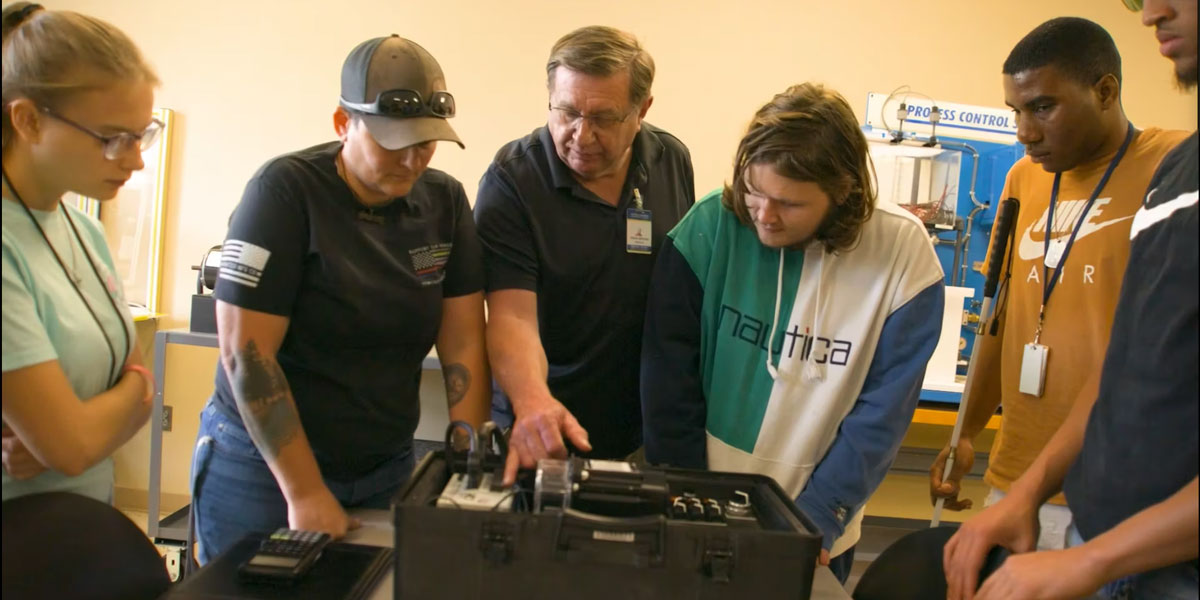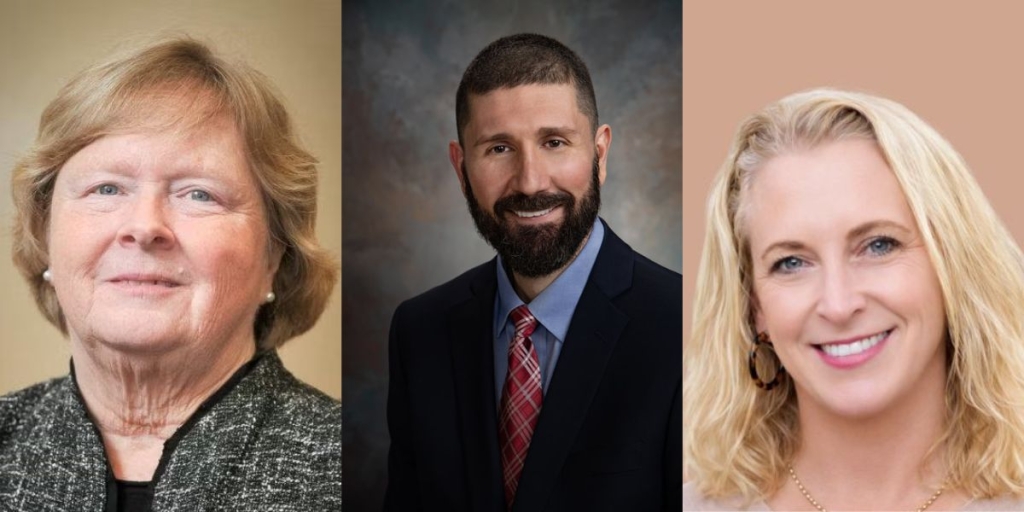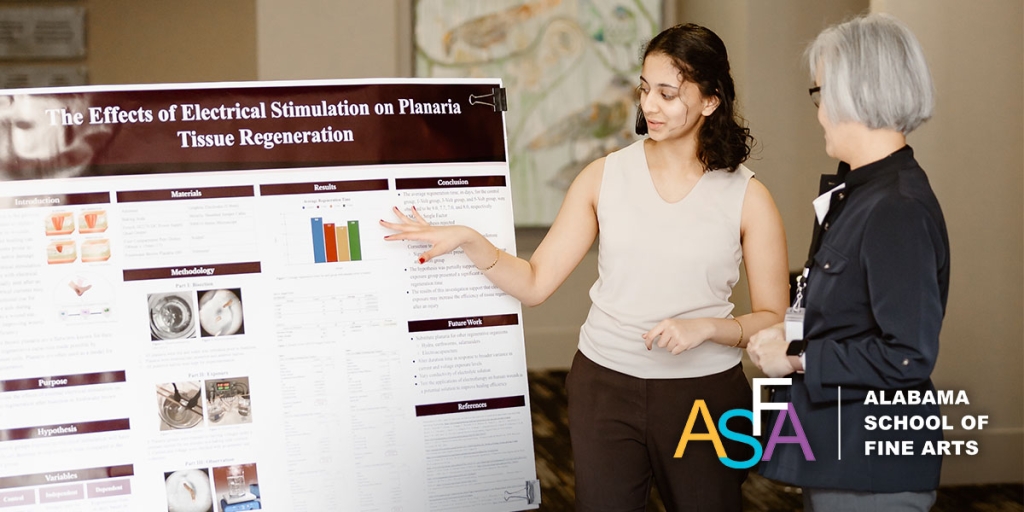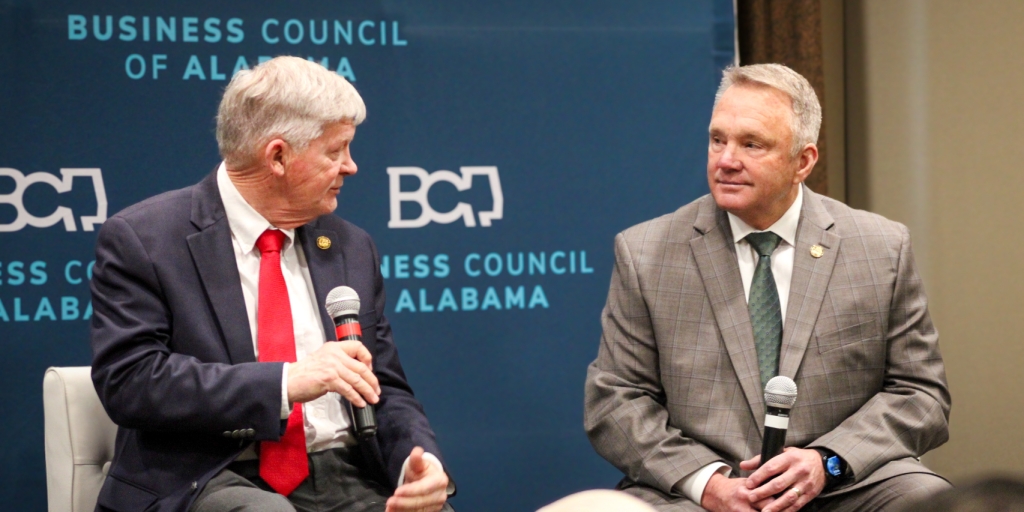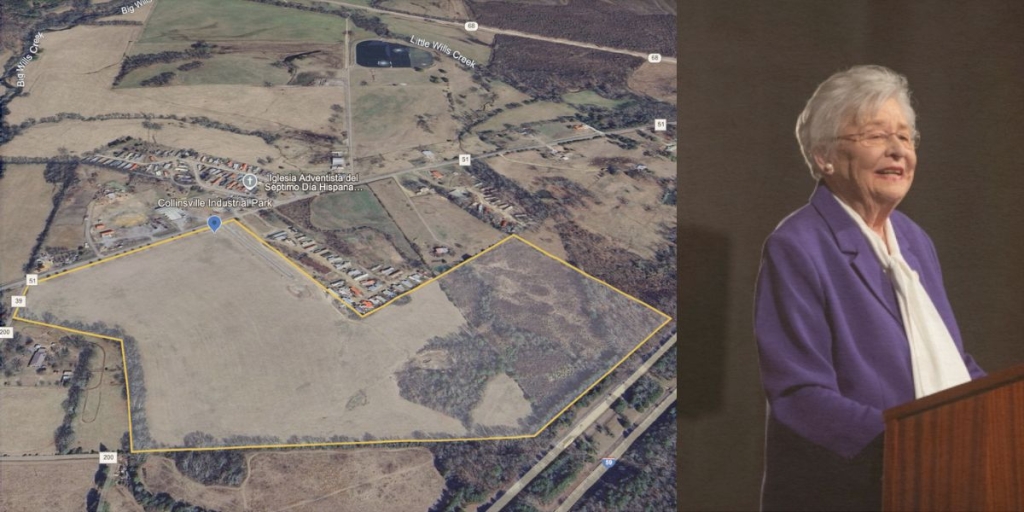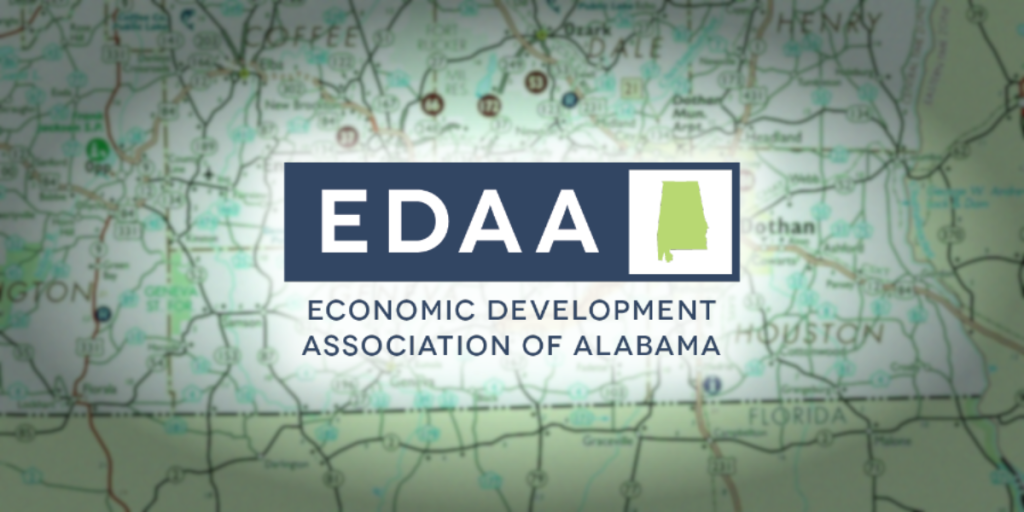When Louis Griffin was injured in a car accident, his career working electrical ended abruptly.
“I worked at Mercedes-Benz in Tuscaloosa,” Griffin said. “I went through school there, learned electronics and electrical, and on my way home, I had a car wreck and that ended my career. When I had my accident, I crushed my ankle and I crushed my wrist, and we worked on four-inch beams 50-75 feet in the air, and I couldn’t climb them anymore. I had to retire.”
After the accident, Griffin decided he wanted to get back into teaching – a job he had worked previously. However, when he went back to school to earn his credentials, he realized that he couldn’t hear his teachers, making it difficult for him in the classroom.
Motivated to continue his pursuit of teaching, Griffin looked into his options. During his search, he found Alabama Department of Rehabilitation Services (ADRS) – a state department aimed at enabling Alabama’s children and adults with disabilities to achieve their maximum potential.
“They gave me my hearing test,” Griffin said. “My vision was bad – they corrected me with some glasses with that. I owe them a lot – they’ve turned my life around.”
While Griffin was in the ADRS’ Talladega office to pick up his hearing aids, he met Athena Camp, who works as a business relations consultant for the department. During their conversation, Camp learned Griffin’s history, how he became involved with ADRS, and his desire to get back in the classroom as a teacher.
“One thing led to another,” Griffin recalled. “She found out that I had taught before in my career and that I really liked it, and she told me that she knew of a position, and she was going to refer the name, and I didn’t think much about it. And then, about a week later, I got a phone call and everything went from there.”
Thanks to the work of ADRS, Griffin now works as a mechatronics instructor at Central Alabama Community College (CACC).
“A lot of times people hear the word ‘disability,’ and they get scared,” Camp said. “We offer several different trainings, we offer disability etiquette, disability simulations so people can get more familiar with it. Through our agency working with business relations consultants (BRCs), we’re able to place people in jobs that they otherwise may have had a barrier to employment.”
Created by the Alabama Legislature in 1994, ADRS serves Alabamians with disabilities from birth throughout their lives. Its “continuum of care” approach means that help is there at every stage of a person’s life. Services are provided by four main programs: Early Intervention, Children’s Rehabilitation, Vocational Rehabilitation, and Independent Living.
ADRS operates its programs through 25 community-based offices that serve residents in all 67 of Alabama’s counties.
Griffin is just one example of the success of ADRS’ Vocational Rehabilitation Service (VRS), the largest program offered by the department. The program serves teens and adults to provide specialized employment- and education-related services and training.
“Ramifications of having Louis on staff have been absolutely positive,” said Jerry Creel, who works as CACC’s educational site director. “It’s been a tremendous gain for both of us and, I believe, a tremendous gain for ADRS because this is positive success of what this program can actually do through ADRS.”
VRS provides transition services in collaboration with local high schools, technical colleges, junior colleges and universities statewide to assist students with disabilities in receiving appropriate educational opportunities. The goal of VRS is to enable individuals with disabilities to increase self-sufficiency through employment.
Through ADRS and its VRS program, employers like Alabama Power are able to hire and retain employees with disabilities through the Retaining a Valued Employee (RAVE) program.
“My experience with the Alabama Department of Rehabilitation Services goes back 20 years,” said Jeff Cofield, who works as Alabama Power’s manager of Disability Management. “They have always been a partner in helping us recruit and retain our valuable employees due to their dual approach to serving both consumers and businesses as ‘customers.’ The approach to seeing businesses as customers is unique compared to other state [rehabilitation] agencies around the country and positions ADRS to partner with employers in the state to use their expertise in finding creative accommodations to employ people with disabilities – not just finding the citizen a job but also helping current employees stay at work and be productive.”
The types of services available through ADRS’ Vocational Rehabilitation Service are designed specifically to meet the needs of each individual. These include offerings such as Employment Services using a BRC, Counseling and Guidance, Assistive Technology, Transition Services, Educational Services, Job Training, Vocational Assessment, and others.
Thanks to ADRS, people with disabilities like Griffin are able to continue their careers and pursue their passions.
“I’ve been able to go back to my teaching and even everyday life being able to hear people that I couldn’t hear before,” Griffin said. “I want to say that they changed my life completely.”
To learn more about the Alabama Department of Rehabilitation Services and its efforts, click here. If you are an employer interested in working with ADRS, please contact Bobbi Stephenson, director of the Business Relations Program, at (205) 290-4465.
Courtesy of Alabama News Center




